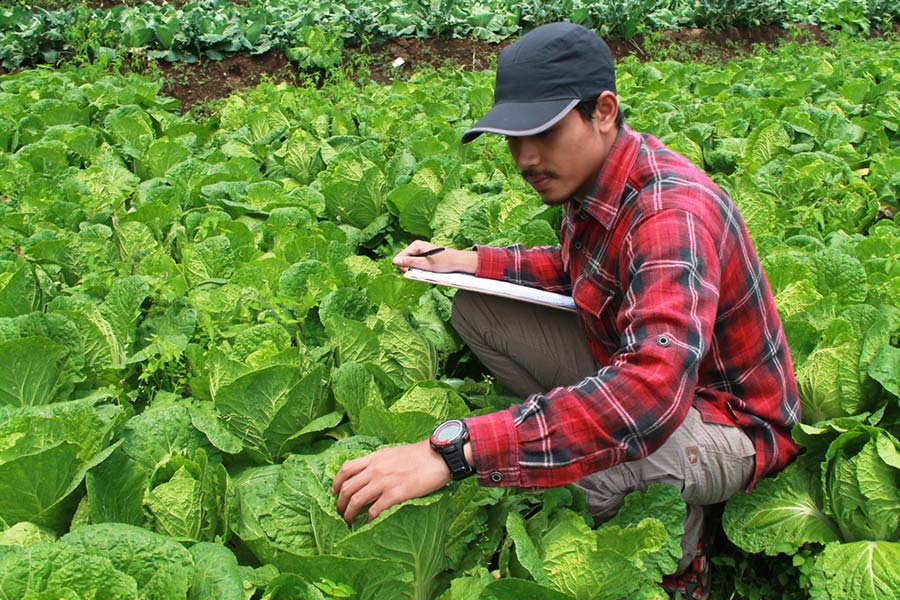Concerns about industrial agriculture were mainly expressed by respondents living in urban areas, held college degrees, who were less likely to have school-age children.
Oregonians love small farms, but have a less favorable view of industrial farming, according to new data from the Oregon Values and Beliefs Center, a nonprofit that conducts opinion research.
When it came to large-scale industrial farming, 29% of the survey’s 2,333 respondents held a negative perception of the sector, while 25% held a positive view, and 46% stated they feel neither negatively nor positively about big agriculture. By contrast, only 1% of respondents had a negative view of smaller farms, while 83% held a positive opinion and 16% were ambivalent.
Respondents with a college degree and respondents living in urban areas were more likely to view large-scale agriculture negatively than people with a high school education or lower, or who lived in more rural areas. Respondents with school-aged children were also more favorable towards industrial farming than those without.
“Oregonians view small-scale farms positively due to their local community involvement, commitment to sustainability, and a perception that smaller farms produce higher-quality food.” Amaury Vogel, associate executive director of OVBC, said in a press release about the study. “Large-scale commercial or industrial farming receive mixed reviews from Oregonians. Some recognize commercial farming’s economic benefits and contributions to mass food production. Others express distrust towards large farming corporations, dissatisfaction with their monoculture practices, and are displeased with commercial agriculture’s disregard for the environment.”
The survey, which was conducted between May 26 and June 5 of this year, asked about Oregonians’ general attitudes and behaviors related to farming and agriculture as well as inquiring about differences in feelings between small-scale and large-scale farms.
Some respondents reported pride in Oregon’s agriculture industry and recalled the history and tradition of farming in the state, while others emphasized the importance of Oregon crops, including berries, wheat, grass seed and marine agriculture.
The top 10 crops respondents associated with Oregon farming were apples, hazelnuts, wheat, strawberries, corn, grapes, hay, grass seed, trees, and berries.
Other respondents expressed concern over farming’s impact on the environment, attributing farm tilling to loss of flora and fauna, the exacerbation wildfires, and loss of valuable water resources. Others voiced concern the industry was too white-dominated.
The survey was conducted online by Oregon residents ages 18 and over, and took approximately 15 minutes to complete. To ensure accuracy, a variety of quality control measures were employed, including questionnaire pre-testing, validation, and real-time monitoring of responses. To ensure a representative sample, demographic quotas were set, and data weighted by area of the state, gender, age, and education.
The survey’s margin of error is ±2.03%.




